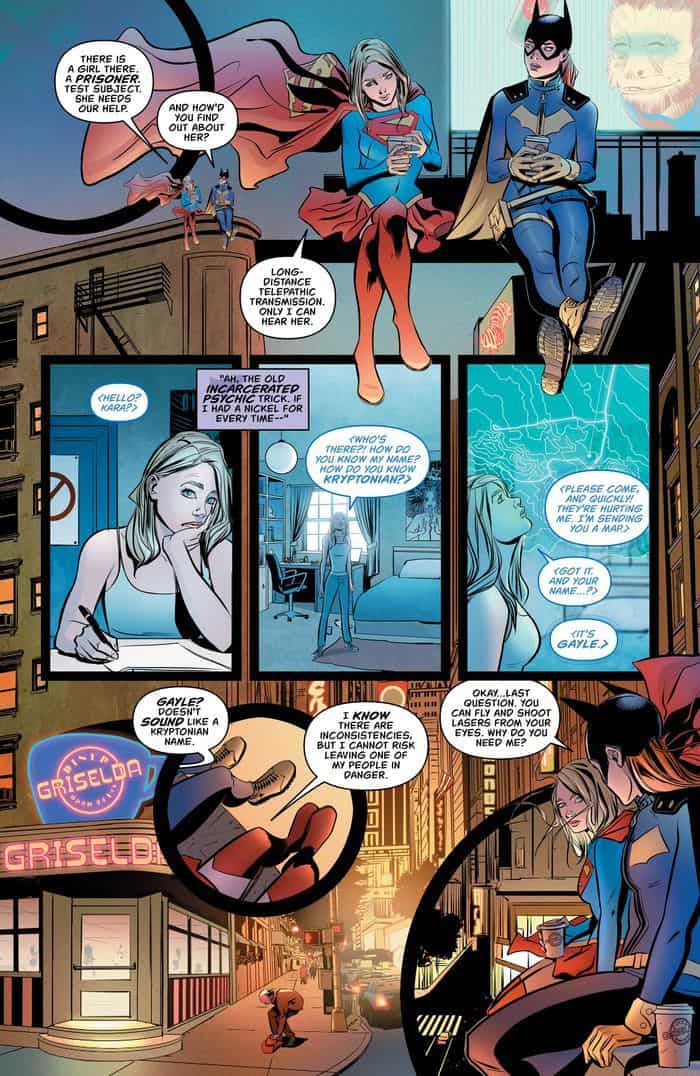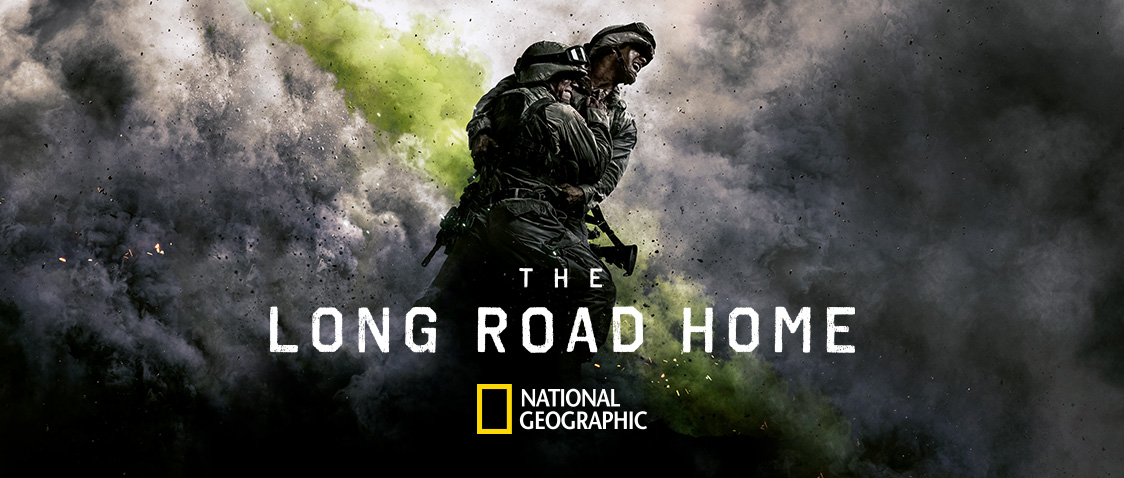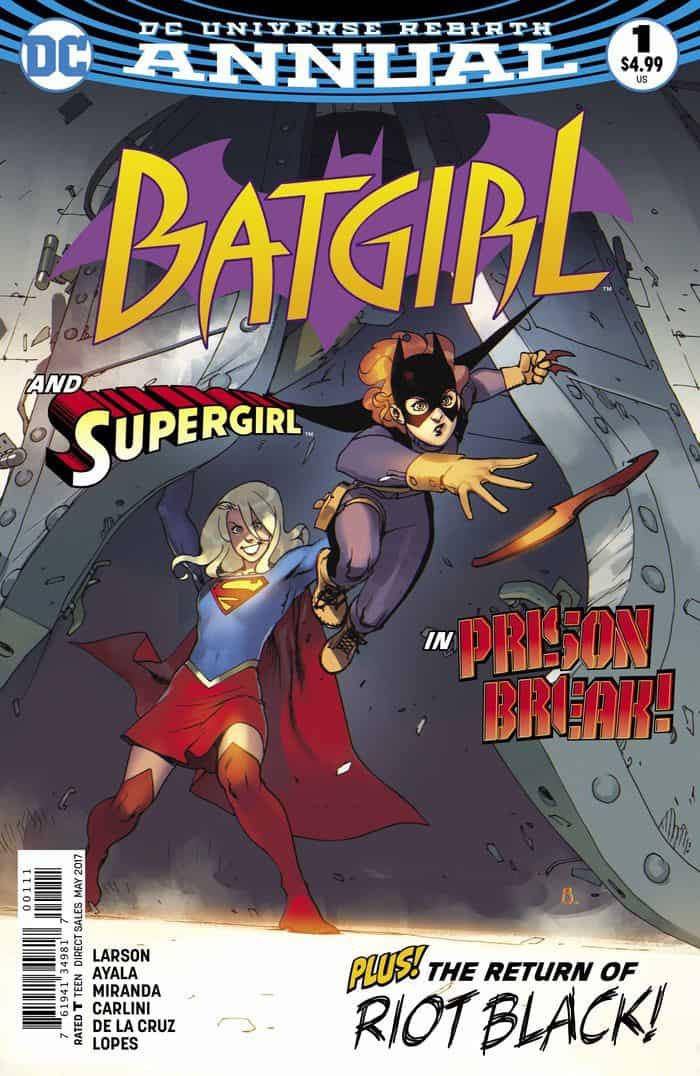


There was a brief celebration after the screening (very brief, because we had to make room for a six o’clock wedding). I will never forget the midafternoon Almaty “premiere” of Omirbaev’s The Road, three years after it was completed. I cherish the humility of both the films and the filmmakers, many of whom I got to know when I visited Kazakhstan over a decade ago. Even the most celebrated titles-Omirbaev’s Kairat, Amirkulov’s four-years-in-the-making historical epic The Fall of Otrar (written by German and his wife and writing partner, Svetlana Karmalita), and Shinarbaev’s Revenge (1989), the title under consideration here-are, on some level, quietly observant of artistic practices that appear to have been handed down through generations: they are grounded in a spiritual awe for the art of cinema, and they burn with a devotional fervor. The Kazakh films are rather quietly authoritative, and they carry a sense of duty that one associates with apprenticeship. None of the above-named filmmakers operates with the charismatic audacity of a Hou Hsiao-hsien, an Abbas Kiarostami, a Cristi Puiu, or a Lucrecia Martel, to name a few examples from some of the more celebrated “New Waves” of the past few decades. I used the word modest in a relational sense.

The word Kazakh means “the people who wandered away from the center,” and the nomadic spirit is present in all of these films, whether they are set in the Altai Mountains or in downtown Almaty or Astana. Kazakhstan is the world’s largest landlocked nation, the better part of it dry steppes and grasslands, inhabited for centuries by warring nomadic tribes that periodically joined forces to withstand invasions by the Mongols and, later, the Russians. These artists-most of them graduates of Moscow’s VGIK film school who had studied with Sergei Solovyov and Alexei German and worked under the sign of Andrei Tarkovsky-came out of an unsettled culture, a republic in the process of being uncoupled from the massive, expiring empire that was the Soviet Union. The films of Serik Aprimov, Sergei Dvortsevoy, Ardak Amirkulov, Amir Karakulov, Ermek Shinarbaev, and Darezhan Omirbaev were unusual on every possible level-uniformly bestilled, lovingly crafted, modest to a fault, and extremely attentive to great and lonesome expanses of time and space. Of all the collective creative surges that have arisen in the cinema within the last thirty years, perhaps the quietest, least trumpeted, and most enigmatic was the Kazakh New Wave, beginning in the mid-1980s.


 0 kommentar(er)
0 kommentar(er)
